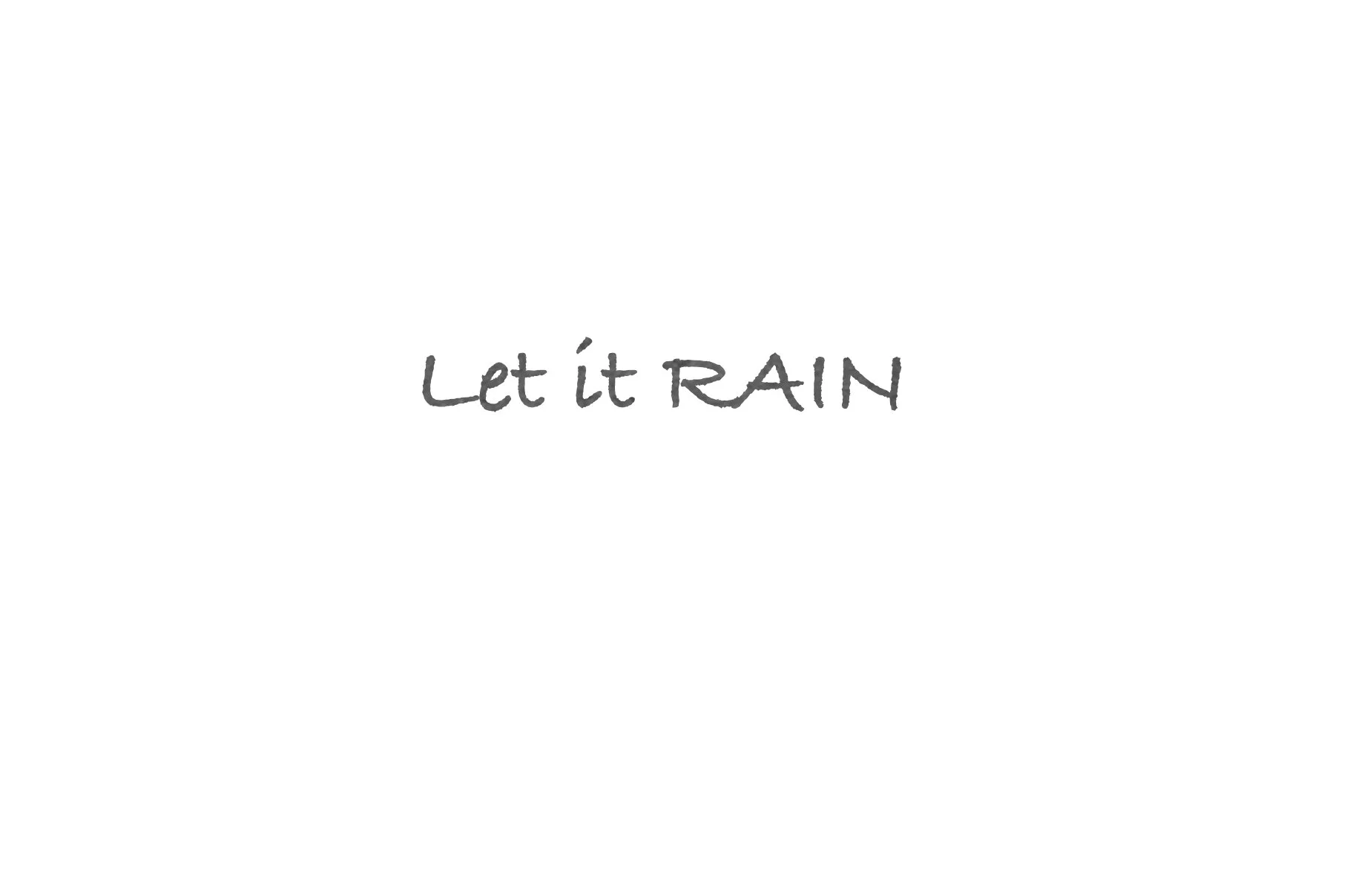A case of the COVID-Blues is going around strong. Its definitely in the air and in our bodies. A lot like the winter-blues or seasonal affective disorder, its precipitated by the season we are in.
Symptoms may include-
fatigue or exhaustion
Difficulty concentrating
Feelings of guilt
Sleep disturbances- sleeping too much or too little
Appetite changes- eating too much or too little
Loss of interest in things you normally enjoy
Feelings of hopelessness
If you are experiencing these symptoms it helps to know you are not alone. A situational depression, like the COVID-Blues can be a normal response to a very abnormal situation. It can be a sign that something is wrong in your environment, certain needs are not being met. It’s not a sign that something is wrong with you.
What we resists, persists. It’s important not to ignore signs that something is wrong, rather turn towards the reality of what you are experiencing. This is the way through it.
Water the SEEDS in your life that are protective towards caring for your mental health, no matter what the season:
S- sleep protection- when sleep is off, everything is off. Now is the time to amp up sleep hygiene. http://sleepeducation.org/essentials-in-sleep/healthy-sleep-habits
E- emotional awareness- self monitoring your mood gives you information to help you discern what you need. Emotional regulation practices can help with difficult emotions.
E- exercise- the body and mind are one. Aerobic and strength building exercises send positive messages to the brain that help boost mood.
D-diet- food is our first medicine. Find foods that bring optimal nourishment to your mind and body. Too much sugar, caffeine and alcohol can contribute to worsening depression and anxiety.
S-support- ask for help- reach out relationally, spiritually and in your community to those you trust that can come alongside you just as you are.
It helps to remember that seasons change and this too will pass.
Take care ❤️
Canada has it going on with great mental health tips for the whole family.
Click on image to check it out.







